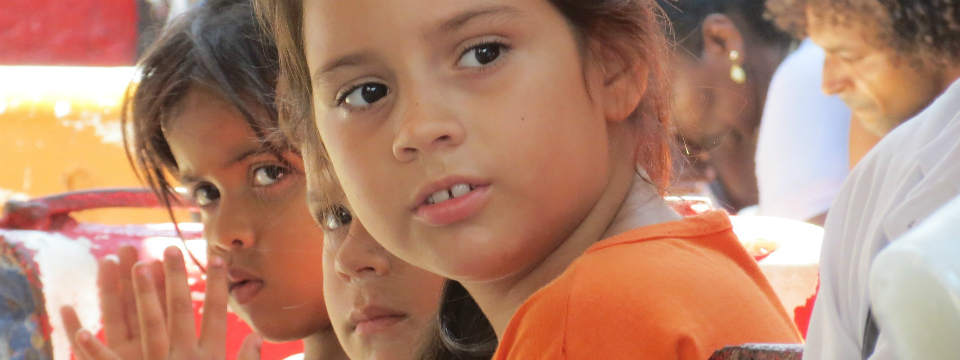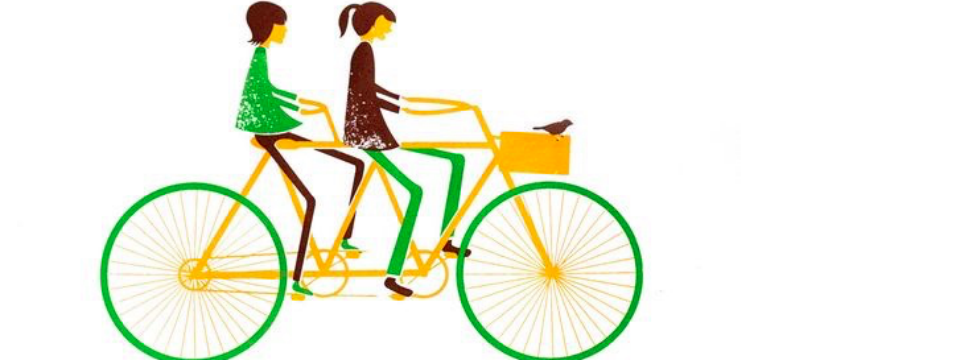How natural mentoring and sense of belonging affect resilience of adolescents in out-of-home care
Sulimani-Aidan, Y., & Tayri-Schwartz, T. (2021). The role of natural mentoring and sense of belonging in enhancing resilience among youth in care. Children and Youth Services Review, 120, 105773. https://doi.org/10.1016/j.childyouth.2020.105773
Summarized by Ariel Ervin
Notes of Interest:
- Resilience is an essential factor to consider when examining youth who experienced adversity. While it can be a complex construct to navigate in research, it’s generally agreed that resilience can promote positive outcomes.
- This study explores how natural mentoring and sense of belonging affect life skills, resilience, and hope of youth in out-of-home care placements.
- Findings indicate that a sense of belonging mediates the relationship between mentoring relationships and youth resilience (which, in turn, is developed by youths’ life skills and their sense of hope).
- Not only is it important for more residential care settings to recognize the important role a sense of belonging has on youths’ perceptions of their futures, but it’s also important for them to match them with mentors that best suit their needs.
Introduction (Reprinted from the Abstract)
Based on resilience and ecological perspective models, which emphasize the interaction between protective and promotive factors in youth and in their surroundings, this study explored the mechanism by which natural mentoring relationships and sense of belonging contribute to youths’ life skills and hope. The participants comprised 213 adolescents in out-of-home placement placements in Israel (16–19 years old). Structural equation modelling revealed sense of belonging mediated the association between youths’ mentoring relationships and youths’ resilience as manifested by their hope and current life skills. The discussion suggests considering these factors as an integral part of youth intervention programs in the context of residential care. Also discussed are the possible explanations for the mechanism linking youths’ life skills, hope, and sense of belonging, in relation to which mentoring relationships operate. Implications for practice emphasize the importance of considering instrumental aspects as well as mental and motivational aspects to enhance youths’ resilience in their transition to adulthood.
Implications (Reprinted from the Discussion)
In this study, we explored protective factors, protective processes, and the mechanisms that play a role in changing the negative effects of adverse life situations and enhancing the resilience of youth in care who have/had supportive mentoring relationships. Partial support was found for the study hypotheses. Mentoring relationships were not found to be related directly to youths’ resilience. However, the findings revealed a strong and direct associating path between youths’ sense of belonging to the care placement and their resilience. In addition, sense of belonging mediated the association between youths’ mentoring relationships and youths’ resilience as manifested by their hope and current life skills.
More than half of the adolescents indicated they had relationship with a formal mentor who was a member of care staff including a social counselor or social workers, while the others indicated they had a relationship with an informal mentor, who was a family member, or a neighbor. A similar division was also reported in an earlier study among youth leaving care (Sulimani-Aidan, 2018). These findings emphasizes that formal and essentially professional relationships with staff members can become profound mentoring relationships, similar to those that can be found with a “natural mentor” in the community at large. This finding might also have to do with the relatively long and stable average length of time youth in Israel stay in care (Sulimani-Aidan, 2017), and might provide partial explanation to the path that was revealed between the relationship with the mentor and youth’s sense of belonging to the care placement.
The study’s findings showed that youths who had a greater sense of identification with and higher participation in the care setting, and who felt more connected to the staff, experienced higher levels of hope and had better life skills. These findings are consistent with earlier studies among youth in the general population that linked higher sense of belonging with better outcomes (Barber and Schluterman, 2008, Baumeister and Leary, 1995, Chipuer, 2001, Maurizi et al., 2013, Witherspoon et al., 2009). The current study, however, offers the first demonstration of this important association among a sample of youth whose main life context is residential care. Furthermore, although these findings support the assumption that feeling connected to primary life contexts helps adolescents deal with various stresses (Jose et al., 2012), they also extend the existing literature by specifying the contribution of sense of belonging both to hope and to life skills among this particular population (youth in care placements). These outcomes that are particularly meaningful include various behavioral, cognitive, mental, and motivational aspects that are essential for youth ahead of leaving care, as they begin their transition to adulthood (Arnett, 2000). The important role of sense of belonging also corresponds with the study of Frantsman-Spector and Shoshana (2020) whose findings revealed how the “home concept” and the “self‐concept” among the adults educated in their childhood at a residential care setting are closely relate. The researchers highlighted the importance of the sense of “home” and belonging to the educational‐therapeutic work with children in care and with care leavers.
To access this article, click here.










